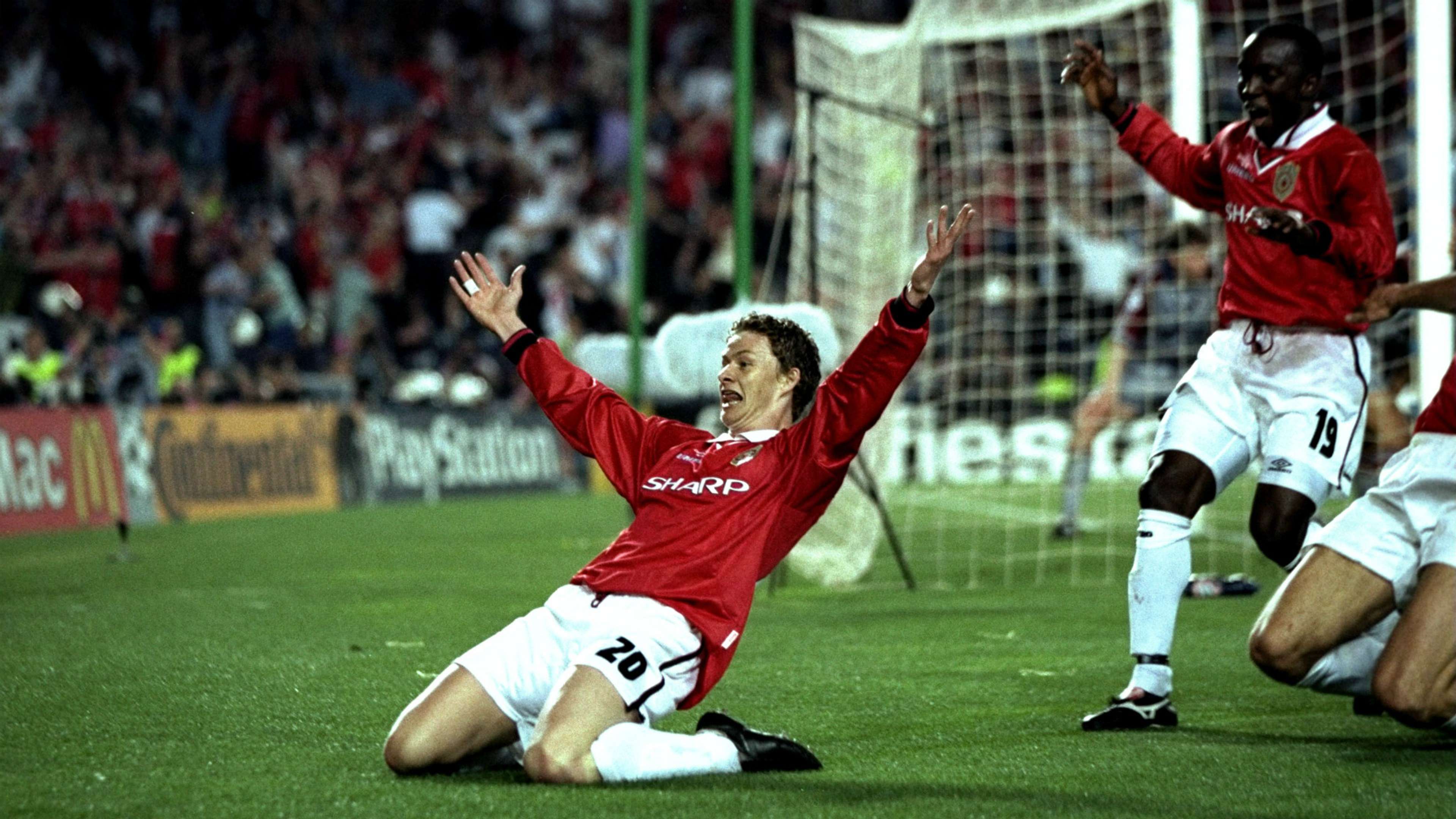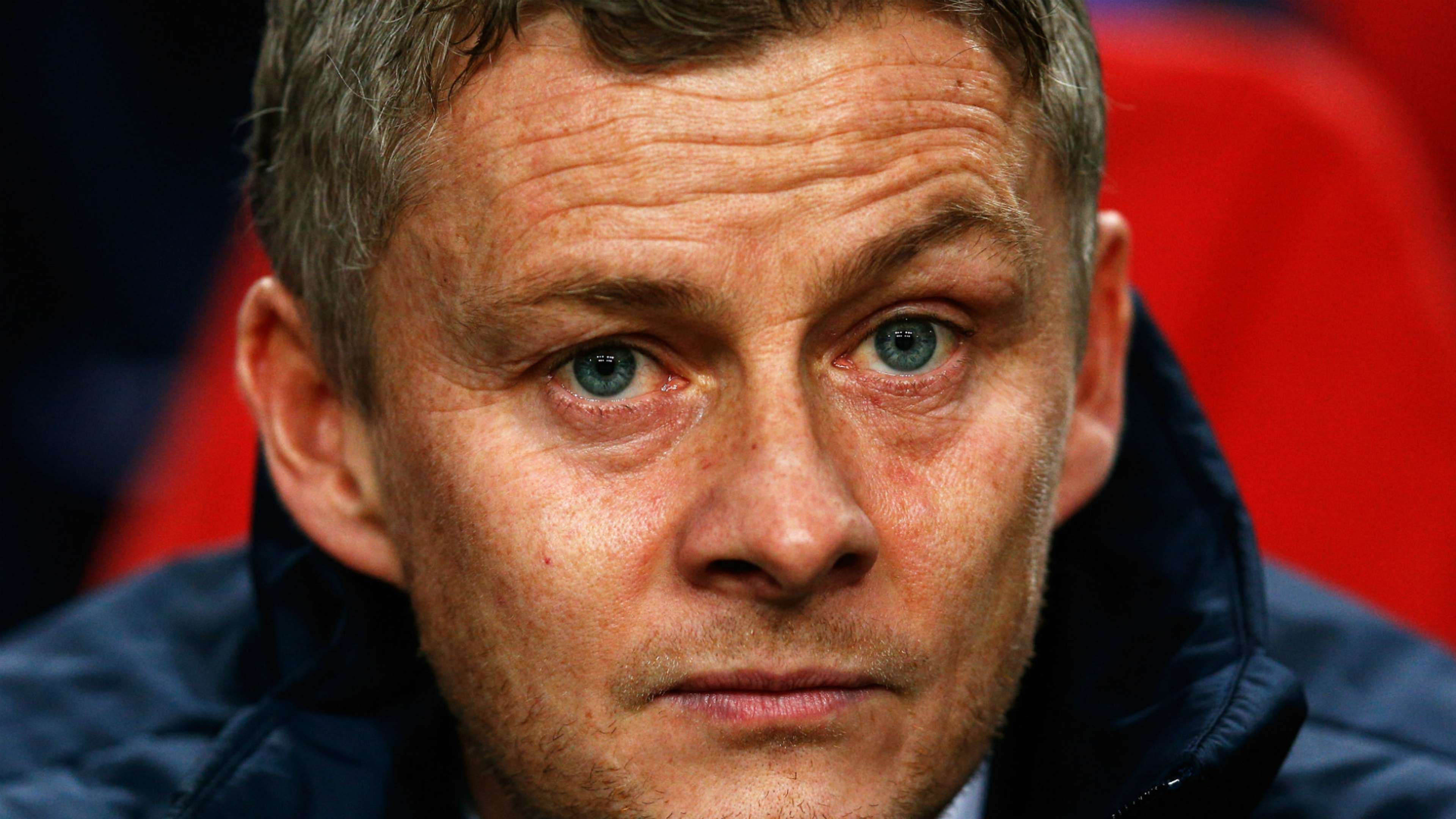It's official! Ole Gunnar Solskjaer has replaced Jose Mourinho as manager of Manchester United until the end of the 2018-19 season.
The Portuguese’s reign came to an end on Tuesday following a 3-1 loss to Liverpool at Anfield on Sunday, with the Red Devils left sixth in the Premier League having made their worst start in 28 years, a massive 11 points short of the top four.
And it was confirmed on Wednesday morning that club legend Solskjaer, who scored in the Champions League final back in 1999 to help the Red Devils to European glory, has been placed in temporary charge.
WHAT IS SOLSKJAER’S MANAGERIAL RECORD?
Solskjaer has been a manager in his own right since 2011, when he took charge of Molde, though he has never experienced a job anything like the magnitude of Manchester United.
He does have experience working in the backroom of the Old Trafford club, however. After retiring from the professional game, Sir Alex Ferguson gave him a role as the striker coach and a year later he was put in charge of the reserve team.
It was at Molde, though, that he first cut his teeth in a managerial role. He started in an inauspicious fashion, going down to a 3-0 defeat to newly promoted Sarpsborg in his first match in charge, but the first season proved to be a success as he led the club to the league title for the first time in their history – quite a way to mark their centenary year.
He proved to be in no rush to return to England, turning down the opportunity to manage Aston Villa in 2012.
“I have said for a long time that I have ambitions to be a Premier League manager, but I haven't been chasing after any jobs,” the former striker told the media at the time.
Although another Tippeligaen title followed, the following season proved difficult and Molde finished in a disappointing sixth place.
It was at this juncture he finally elected to move to the Premier League as he replaced Malky Mackay as Cardiff manager.
“I feel lucky to be back in the Premier League. I had to have a talk about it with the family obviously but it is a great opportunity,” he told the media.
He was not, however, in the top flight for long as he was unable to save the Blues from relegation. Indeed, their fortunes deteriorated under his charge as they fell from 16th to bottom, earning only 12 points from 18 matches, while conceding 42 times and scoring only 17.
Cardiff persisted for a time, but a 1-0 loss to Middlesbrough that left them 15th in the Championship saw him sacked in September 2014.
In 2015, he returned to Molde and has enjoyed steady form back in Norway, with a couple of second place finishes in the Eliteserien.
On December 3, he signed a three-year contract extension with the club, stating: “I’ve never hidden that I enjoy being here and am pleased to continue developing the team. We’ve moved to the top of the table slowly but surely, and I was to see further development and improvement over the next few years in pursuit of trophies and European football.”
And now, if only temporarily, he has the top job at Old Trafford.
Speaking about the appointment, he told the club's official website: “Manchester United is in my heart and it’s brilliant to be coming back in this role. I’m really looking forward to working with the very talented squad we have, the staff and everyone at the club."
WHAT DID SOLSKJAER ACHIEVE AS A PLAYER?
 Getty Images
Getty Images
Solskjaer is a face already well known to Manchester United fans due to the tremendous success he enjoyed in 11 years as a player for the club.
He joined the Red Devils in July 1996, aged 23, for a fee of around £1.5 million and proved a roaring success at a time when he was an unknown quantity outside of his native Norway, where he had excelled by scoring 31 goals in 42 top-flight games for Molde, including a hat-trick on his home debut against Viking.
During his 11 years at Old Trafford, ‘the Baby-Faced Assassin’ became known as one of the Premier League’s great super subs.
Indeed, he holds the record for goals scored as a replacement for a single Premier League team, having tallied 17 in total during his career – a mark subsequently equalled by Olivier Giroud when he was at Arsenal.
Undoubtedly his most impressive outing in this regard was scoring four off the bench in a single game against Nottingham Forest in an 8-1 win during the 1998-99 season, although his most memorable contribution is written large in the club’s history as he scored the injury-time goal that claimed the 1999 Champions League final with a 2-1 win over Bayern Munich.
During his time at Old Trafford, he played 359 times for United and scored 123, while his loyalty to the club made him a firm fans’ favourite. He won six Premier League titles and two FA Cups at Old Trafford, as well as the European Cup.
He also turned out 67 times for Norway and scored 23 goals, featuring at World Cup 1998 and Euro 2000.
As one of his country’s greatest ever players, he was honoured with the Knight of the Order of St. Olav, First Class – the highest award possible.




